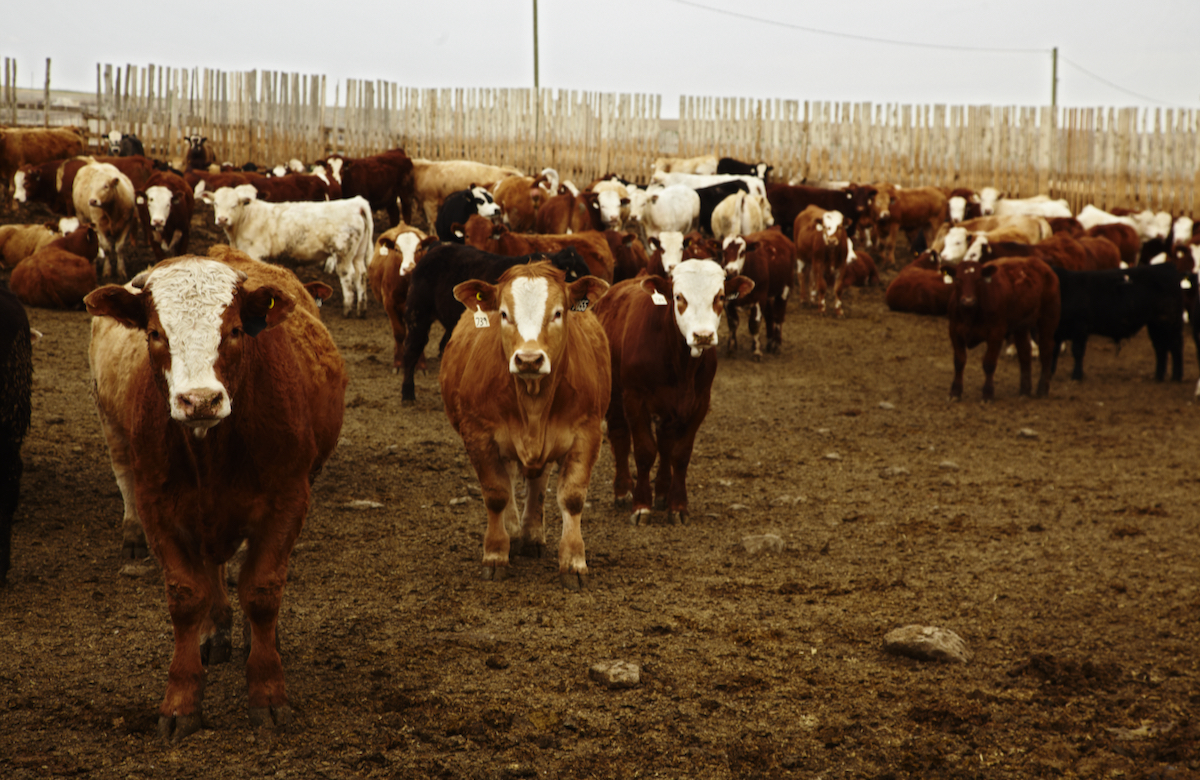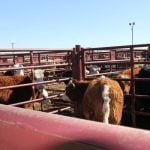Livestock groups across Canada have begun scrutinizing the details in federal government plans to speed up producers’ access to $3.8 billion in loans and stabilization payments, announced Friday by Agriculture Minister Gerry Ritz.
Ottawa plans to “accelerate access” to payments from the 2006 Canadian Ag Income Stabilization (CAIS) program, AgriStability 2007, AgriInvest and the $600 million kick-start program for the latter two new business risk management programs. That would free up $1.5 billion in payments from those programs for cattle and hog producers from late 2007 through early 2008, Ritz said.
Livestock producers will get access to loans worth up to $2.3 billion through an adjusted Advance Payments Program (APP), of which the first $100,000 per farmer is interest-free, Ritz said.
Read Also

U.S. livestock: Cattle at fresh highs, hogs weaken
Cattle futures on the Chicago Mercantile Exchange climbed to fresh highs on Tuesday, as tight supplies and the ongoing closure…
These APP adjustments would benefit producers who had a number of consecutive bad years, he said, and free up an extra $1 billion in advances on top of the $1.3 billion already available.
For example, Ritz said, a producer running a 400-head cow/calf operation could get $38,500 cash and $116,000 in loans, including $100,000 interest-free, based on reference margins.
A hog producer with 500 sows, meanwhile, could get $185,500 in cash payments and access to up to $250,000 in credit — $100,000 of which, again, is interest-free.
Ritz told reporters that he had met with the Canadian Pork Council regarding its recent request for $1.5 billion in unsecured loans, but said “there’s really no way to do that at any government level” and such a loan offering would be “completely trade-challengeable.”
The loans and accelerated payments announced Friday, however, aren’t considered trade-actionable, Ritz said, noting he had raised that topic in talks yesterday with Acting U.S. Agriculture Secretary Chuck Conner.
“As long as we stay within existing programs, there’s nothing there that’s trade-challengeable,” Ritz told reporters. “If we do start to talk about unsecured loans we would face a challenge tomorrow.”















